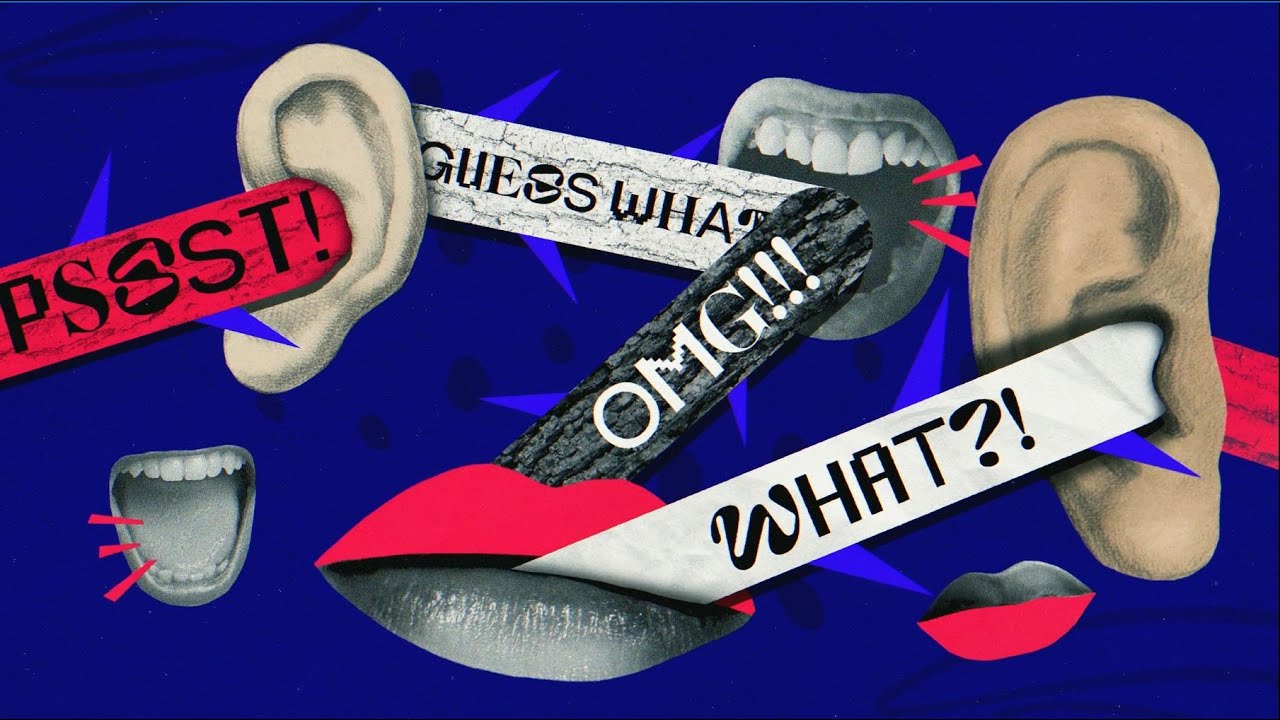What Are Mini-Lessons?
Mini-lessons last between 3 and 30 minutes. Each mini-lesson includes pedagogical tips under “tips for teachers” on the right side. The icons indicate the types of interaction students will engage in and your role as the teacher. You’ll find the QR code or link to share with your class at the bottom.
Discussion
Students discuss and share personal experiences. This may evoke emotional responses.
At the Concert Hall
Take a Closer Look!
Why is antisemitism dangerous gossip? Watch the video now to find out!

Kippah
These are kippot. That’s the plural form of kippah. The Hebrew word kippah means cap. You might also have heard the Yiddish word, yarmulke, with the same meaning.
Test your knowledge about this Jewish head covering.

Four kippot1
Where do people wear a kippah?
Why does a person wear a kippah?
Who is allowed to wear a kippah?
In the Concert Hall
The following scene takes place in a concert hall, where a couple is sitting, waiting expectantly a few minutes before the performance.
Listen to what the woman says and try to understand why her husband responds “No.”
A woman talks about an experience at a concert hall2
Can you think of possible reasons the husband says no? Take a moment to think about it and then listen to his response.
A woman shares what her husband said at the concert3
Should we go for it, or not?
Why does the man think his actions would be judged that way? Write your thoughts in the text box and learn more about the context.
Provide This Mini-Lesson to Students
Simply share the mini-lesson with your class using the QR code or link provided.


Go to the module Antisemitism – long, which includes this mini-lesson.
To the module